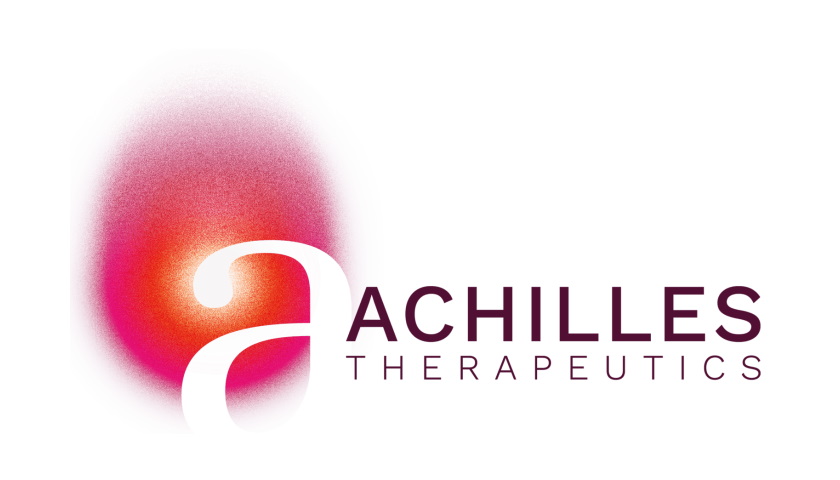Cancer Research UK spinout Achilles raises $175.5m in IPO

UK biotech Achilles Therapeutics has completed its initial public offering (IPO) in the US, raising $175.5 million that will be used to take its personalised T cell therapy for lung and skin cancers through proof-of-concept trials.
The new funding will also be used to advance two more T cell programmes for head and neck and kidney cancers into human testing, develop and expand its bioinformatics and manufacturing capabilities, and increase its use of automation, according to an SEC filing.
The sizeable IPO ranks among the largest for a UK biotech, and continues a buoyant run of financing deals for the country's life sciences companies.
The sector raised more than £830 million ($1.14 billion) in fresh capital in the three months to end-February, almost matching the £894 million in the first six months of 2020, which was a record-breaking year.
Achilles was formed in 2016 as a spin-out of Cancer Research UK to develop T cell therapies directed against clonal neoantigens – mutations that form early in the development of a cancer that cause antigens to been expressed on every single cancer cell but are not found in healthy tissue.
The hope is that targeting these neoantigens will reduce the risk of new mutations occurring that can allow tumours to sidestep the effects of treatment.
London-based Achilles has a bioinformatics platform called PELEUS that can identify clonal neoantigens in a patient, and an automated production platform – known as VELOS – to make the therapy.
It combines tumour-infiltrating lymphocytes (TILs) taken from a tumour with blood-derived dendritic cells modified to target the neoantigen, creating therapy which the biotech calls a Clonal Neoantigen Targeting T cell therapy or cNeT.
It currently has two phase 1/2 trials of lead cNeT candidate ATL001 in advanced non-small cell lung cancer (NSCLC) and melanoma, with a data readout due in the second half of this year.
In February, an independent data monitoring committee took a look at initial data from the two dose-ranging studies, based on six patients, and found encouraging evidence that the T cells had engrafted into the bone marrow.
The cancer had stabilised in four subjects, and one had a reduction in the size of two of their four tumour lesions by approximately 55% and 90%, respectively, according to Achilles. The best results were seen in the highest dose tested so far, which is still at the lower end of the targeted range for the entire study.
In the latter half of this year Achilles expects to start enrolling patients into the higher-dose cohorts of the trials, and also to explore using a PD-1 inhibitor after the cNeT infusion to try to boost the response.
The biotech says it expects to use around $79 million of the IPO's proceeds to complete the phase 1/2 trials in NSCLC and melanoma, with $36 million earmarked to get two more programmes – in head and neck squamous cell carcinoma (HNSCC) and renal cell carcinoma (RCC) – ready for clinical testing.
Another $32 million and $20 million respectively will be used to develop the PELEUS and VELOS platforms, with $67 million set aside for expanding manufacturing.
Following the IPO, Achilles' American Depositary Receipts (ADSs) are trading on the Nasdaq under the ACHL ticker. They were bought at $18 apiece, and at the time of writing had retreated to $15.61.












